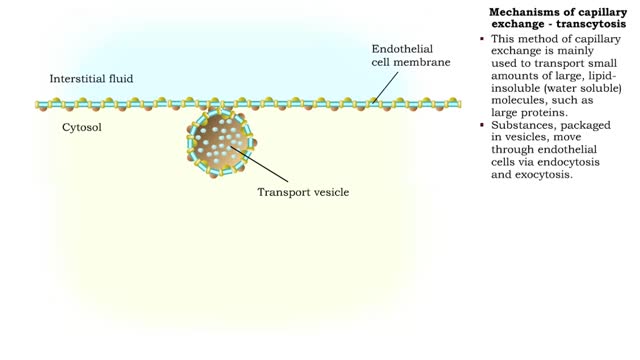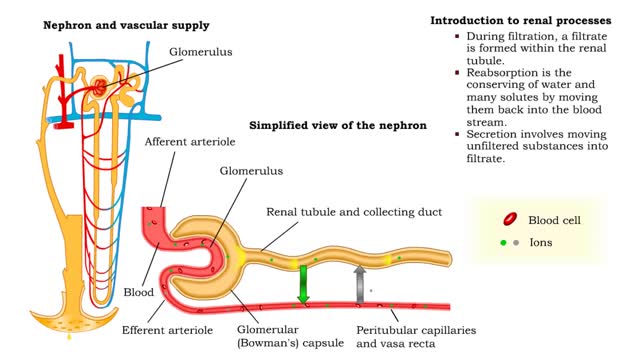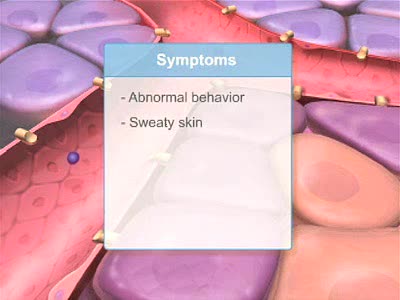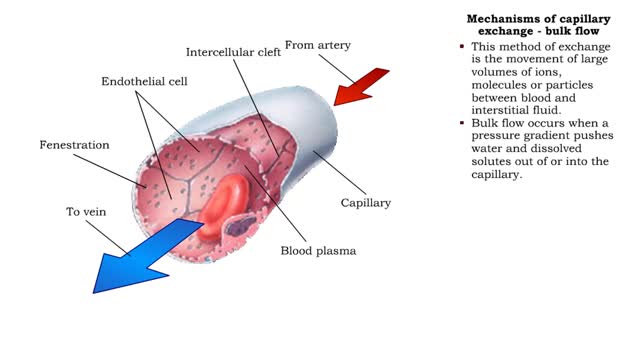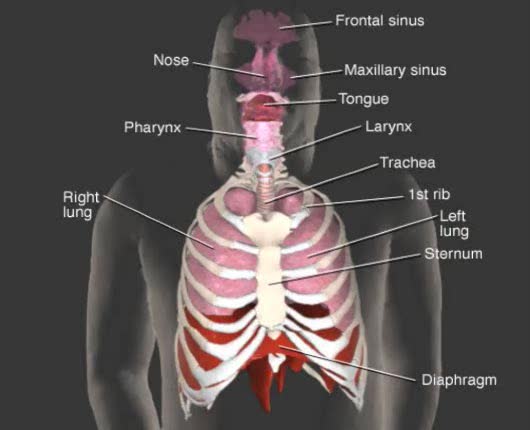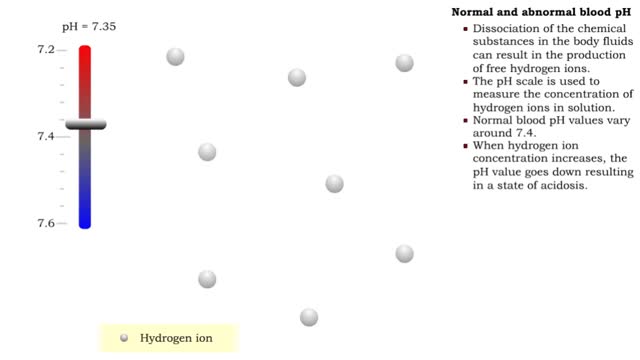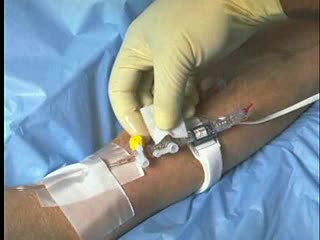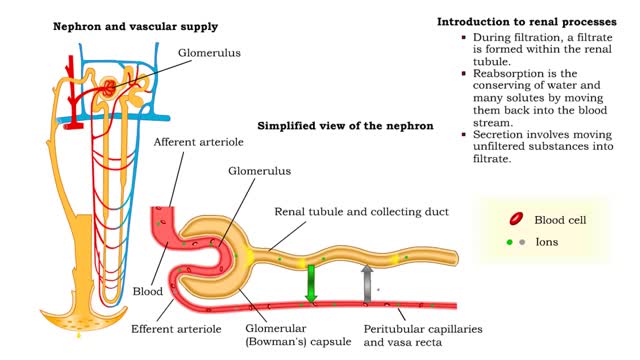Search Results
Results for: 'blood volume'
Mechanisms of capillary exchange
By: HWC, Views: 11384
■ The primary role of capillaries is to permit the exchange of nutrients and wastes between the blood and tissue cells (via interstitial fluid). ■ Oxygen and nutrients move from the blood to the cells. ■ Carbon dioxide and other wastes move from the cells to the blood. The three ba...
Introduction to filtration - filtrate formation and composition
By: HWC, Views: 11326
• At the nephron, the three process responsible for the formation of urine include: • Glomerular filtration. • Tubular reabsorption. • Tubular secretion. • During filtration, a filtrate is formed within the renal tubule. • Reabsorption is the conserving of water and many s...
By: Administrator, Views: 14321
Pre-eclampsia (PE) is a disorder of pregnancy characterized by the onset of high blood pressure and often a significant amount of protein in the urine. When it arises, the condition begins after 20 weeks of pregnancy. In severe disease there may be red blood cell breakdown, a low blood platelet c...
By: Administrator, Views: 15468
The islets of Langerhans are composed of three major types of cells: Alpha cells secrete glucagon, elevating blood sugar. Beta cells secrete insulin, maintaining normal blood sugar. Delta cells secrete somatostatin, which suppresses release of glucagon and insulin. Hyposecretion or inadequa...
Mechanisms of capillary exchange (transcytosis & bulk flow)
By: HWC, Views: 10872
■ This method of capillary exchange is mainly used to transport small amounts of large, lipid-insoluble (water soluble) molecules, such as large proteins. ■ Substances, packaged in vesicles, move through endothelial cells via endocytosis and exocytosis. ■ This method of exchange is th...
By: Administrator, Views: 489
Respiratory system: nose pharynx larynx trachea bronchi lungs Respiratory system’s primary function: Furnish oxygen (O2) for use by individual tissue cells and take away their gaseous waste product, carbon dioxide (CO2), through act of respiration. External respiration Lungs are vent...
By: HWC, Views: 11263
• Dissociation of the chemical substances in the body fluids can result in the production of free hydrogen ions. • The pH scale is used to measure the concentration of hydrogen ions in solution. • Normal blood pH values vary around 7.4. • When hydrogen ion concentration increases, t...
By: Administrator, Views: 14902
Leukemia is a type of cancer that affects the blood and bone marrow. Leukemia begins in a cell in the bone marrow. The cell undergoes a change and becomes a type of leukemia cell. Once the marrow cell undergoes a leukemic change, the leukemia cells may grow and survive better than normal cells.
Carbohydrate Metabolism: Introduction to renal processes and filtrate formation and composition
By: HWC, Views: 11332
• At the nephron, the three process responsible for the formation of urine include: • Glomerular filtration. • Tubular reabsorption. • Tubular secretion. • During filtration, a filtrate is formed within the renal tubule. • Reabsorption is the conserving of water and many s...
Advertisement



